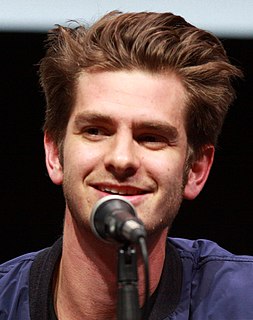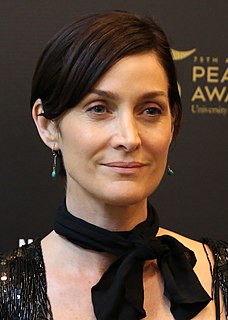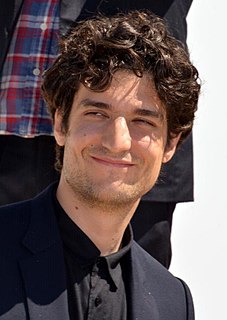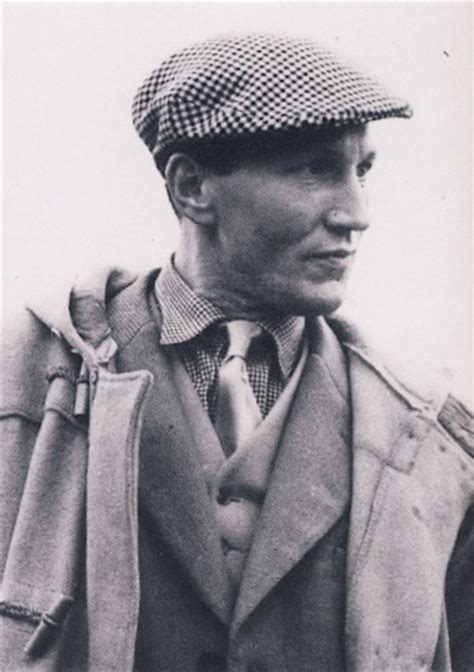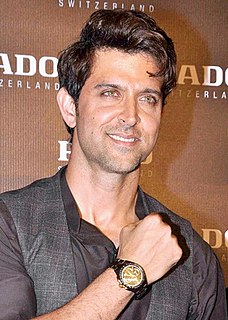A Quote by Andrew Garfield
In film, there's this kind of constant fear that you're going to be doing too much. That may be an unfounded fear because I love sizable performances on film, especially when they're by performers who push the boundaries of what people deem the right kind of size.
Related Quotes
Film team kept me very, very shielded when I was that young, because of course, I was seven years old. You know, you're still kind of reading. It's still kind of like, "Cat." "Dog." "Ann jumped over fence." So I guess in a way it helped me progress in school, too, because I was reading so much and memorizing so much. But they kept me very shielded from everything that was going on in the The Amityville Horror. I didn't know anything, basically, about the film. I just knew that it was a scary film. I wasn't allowed to watch it. I can watch it now, I'm just too scared.
I trained for months to figure out how to ride a motorcycle. I have kind of a major fear of them. I have a major fear of going at fast speeds without any kind of protection, no helmet, an actor on the back with no helmet. I felt very afraid to do it. I love that I did it and overcame the fear and was able to do that.
I was really able to confirm something that I knew on some level before I'd made a film. The best actors know how to really relax. Because in film, a lot of the decisions are made in the editing room, so when you're trying to guide your performance too much - always it's a push and pull because you can't be too relaxed. Too relaxed and it's like, "What are you doing?" Too tense and it's not good either.
One of the paradoxes of our time is that the War on Terror has served mainly to reinforce a collective belief that maintaining the right amount of fear and suspicion will earn one safety. Fear is promoted by the government as a kind of policy. Fear is accepted, even among the best-educated people in this country, even among the professors with whom I work, as a kind of intelligence. And inspiring fear in others is often seen as neighborly and kindly, instead of being regarded as what my cousin recognized it for - a violence.
["Fear & Loathing in Las Vegas"] is a very hard book to translate to film because there's so much interior monologue. The what if factor. I tried to write it cinematically and let the dialogue carry it but I forgot about the interior monologue. It's kind of hard to show what's going on in the head. I think we should do it like a documentary.
I think people, unfortunately, do live in constant fear. I think the government - and people in general - create scenarios people fear, because ultimately through fear you can control people. I wish we could live in a world where there would be no fear, but it's a driving force in many decisions people make these days, whether it's personal, economic, or even job-related. A lot of people stay out of fear in a job they hate.
